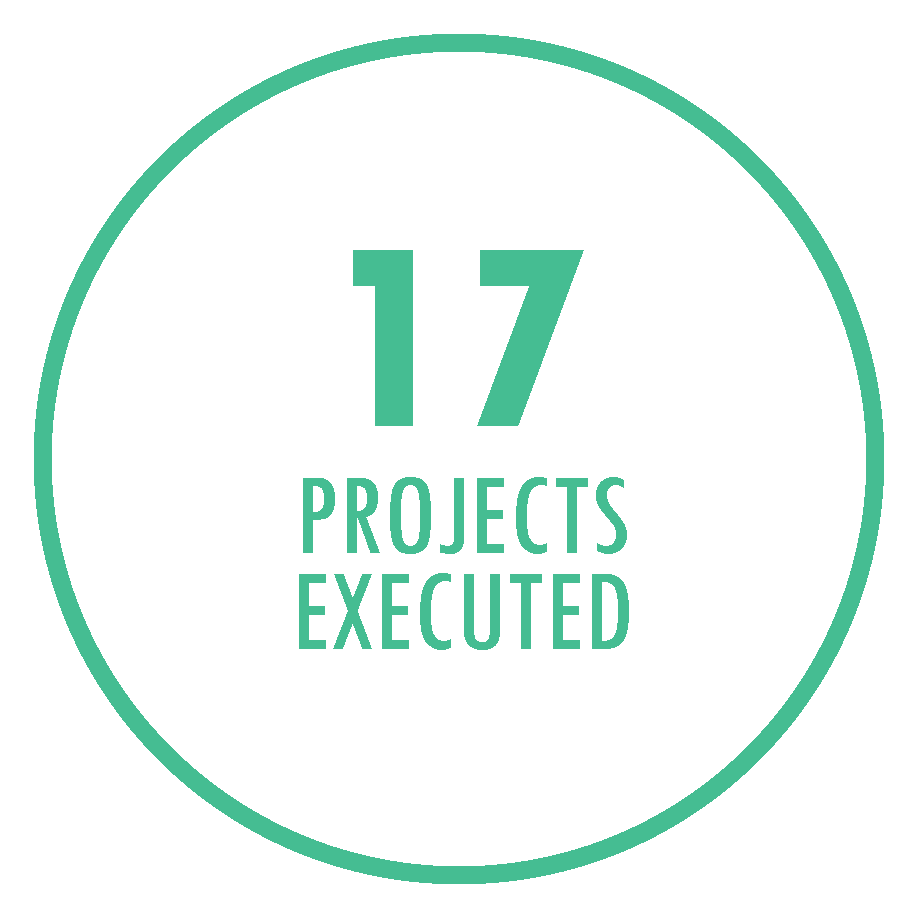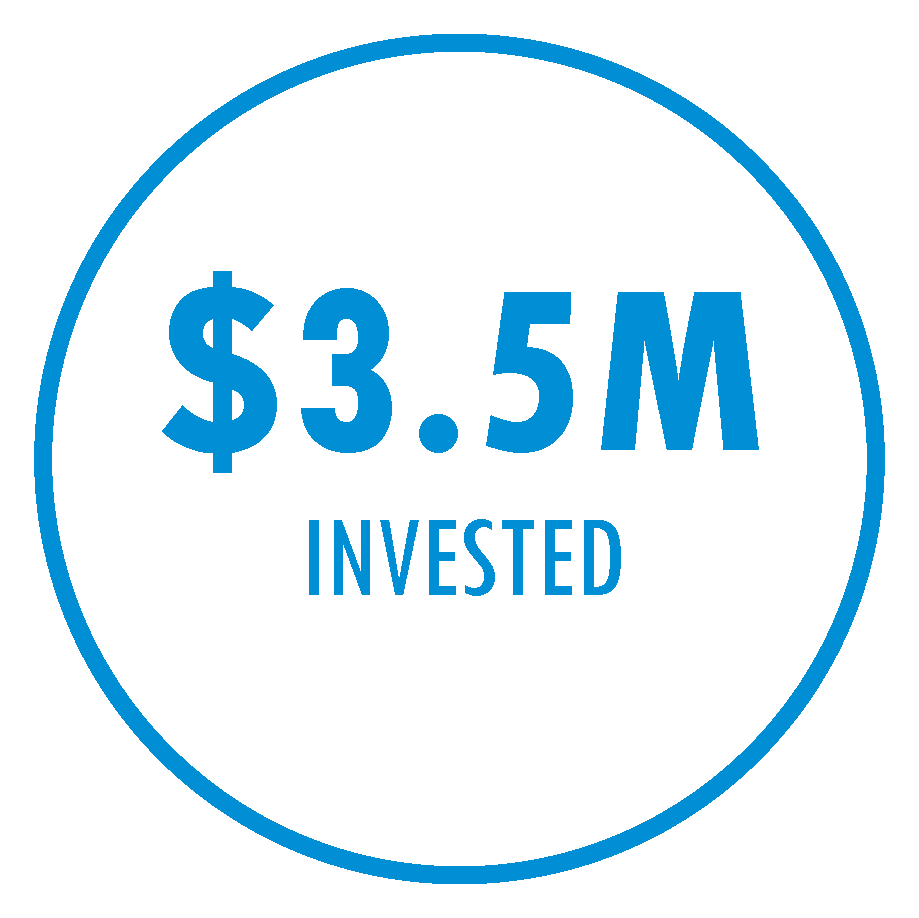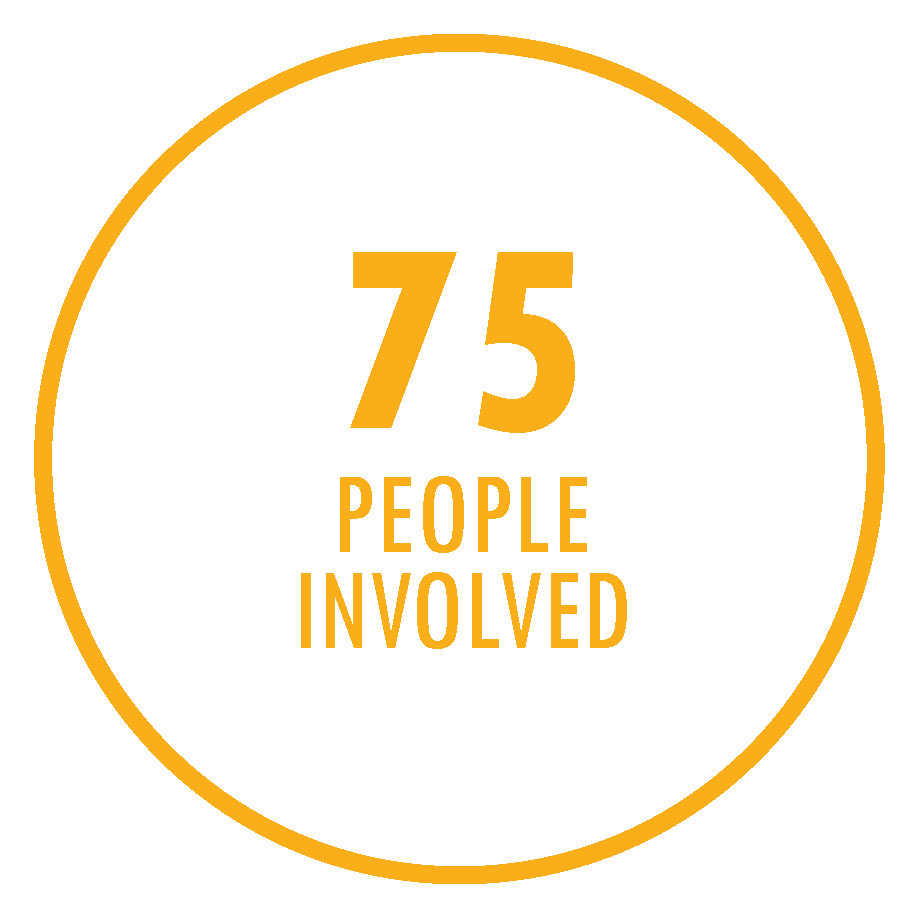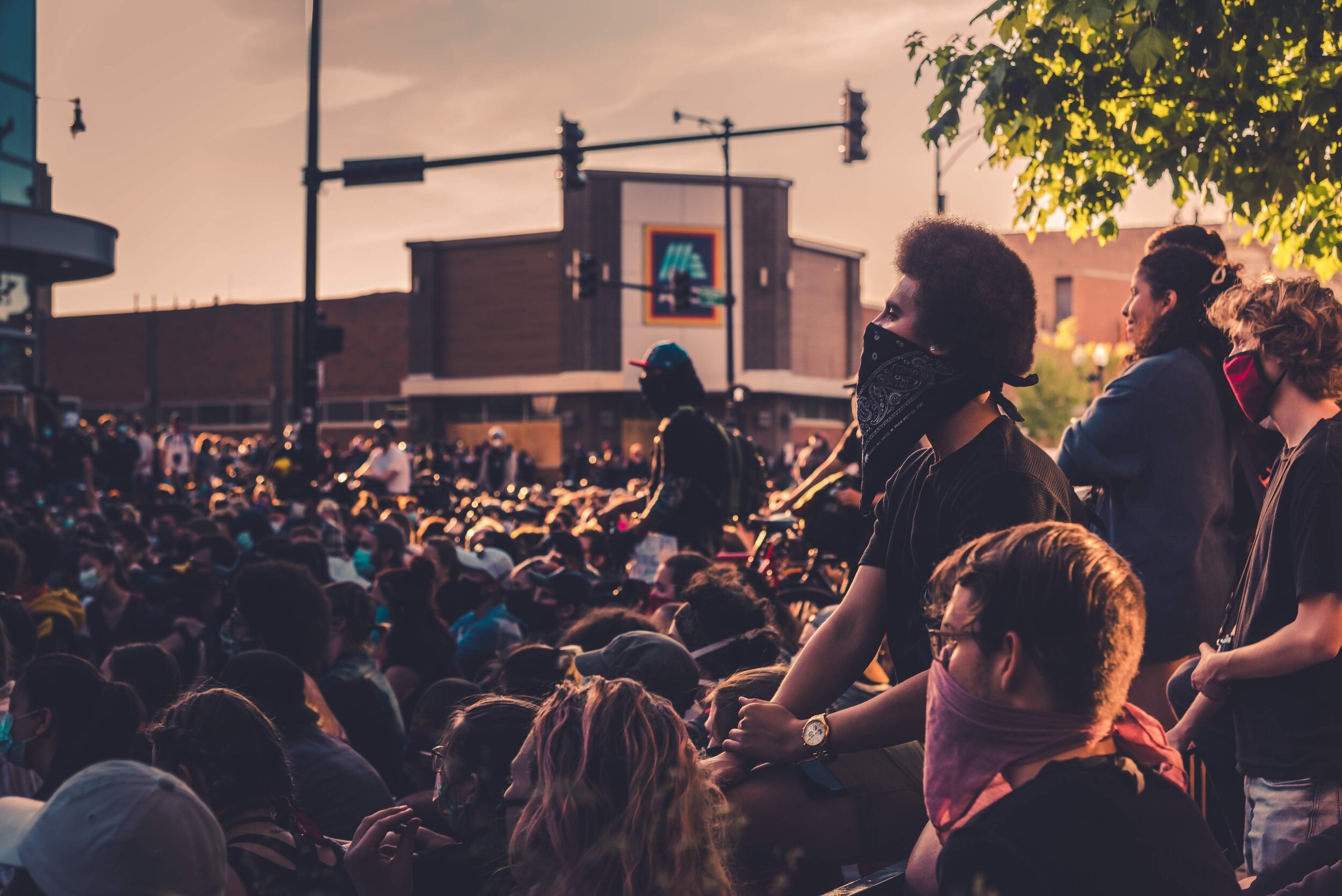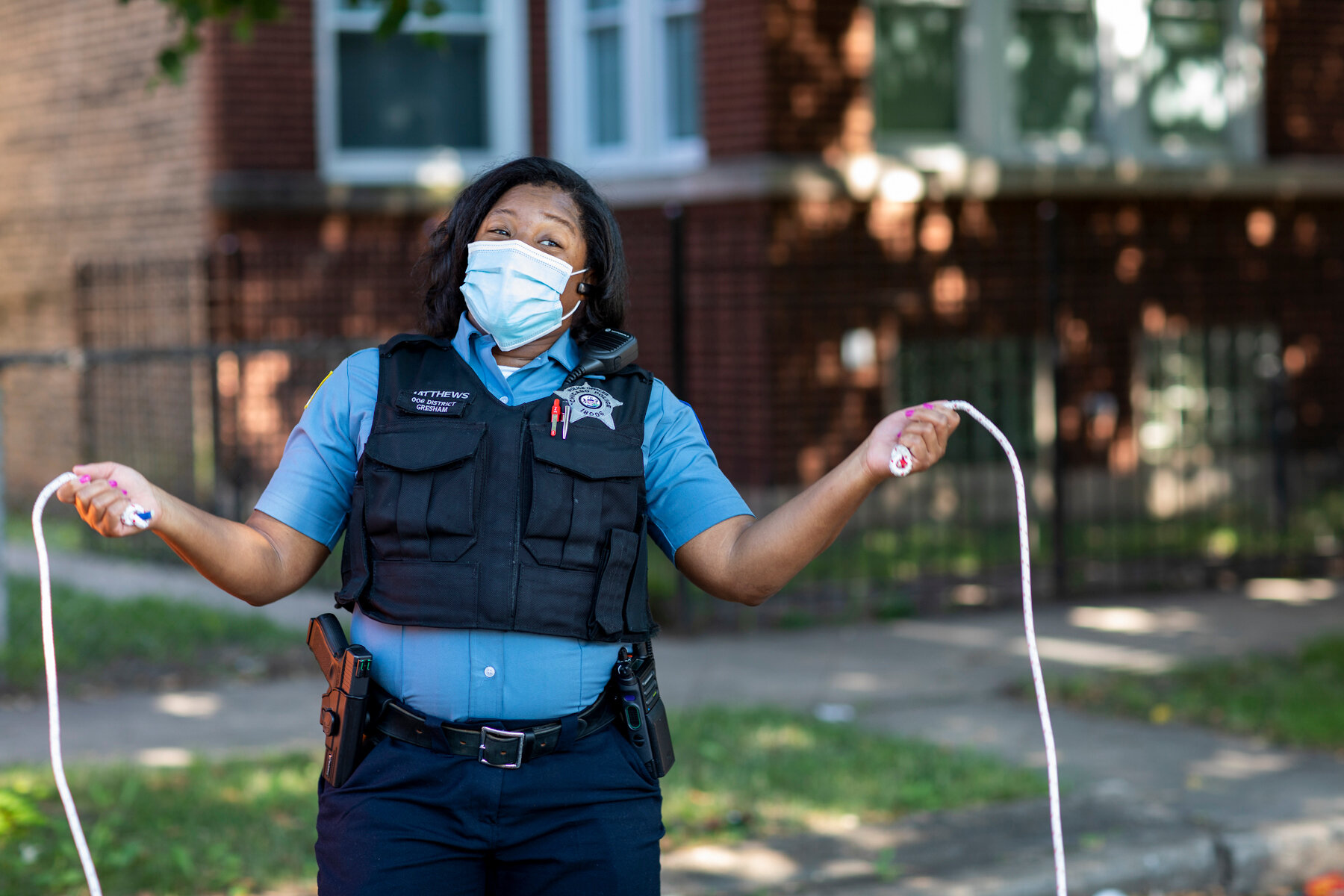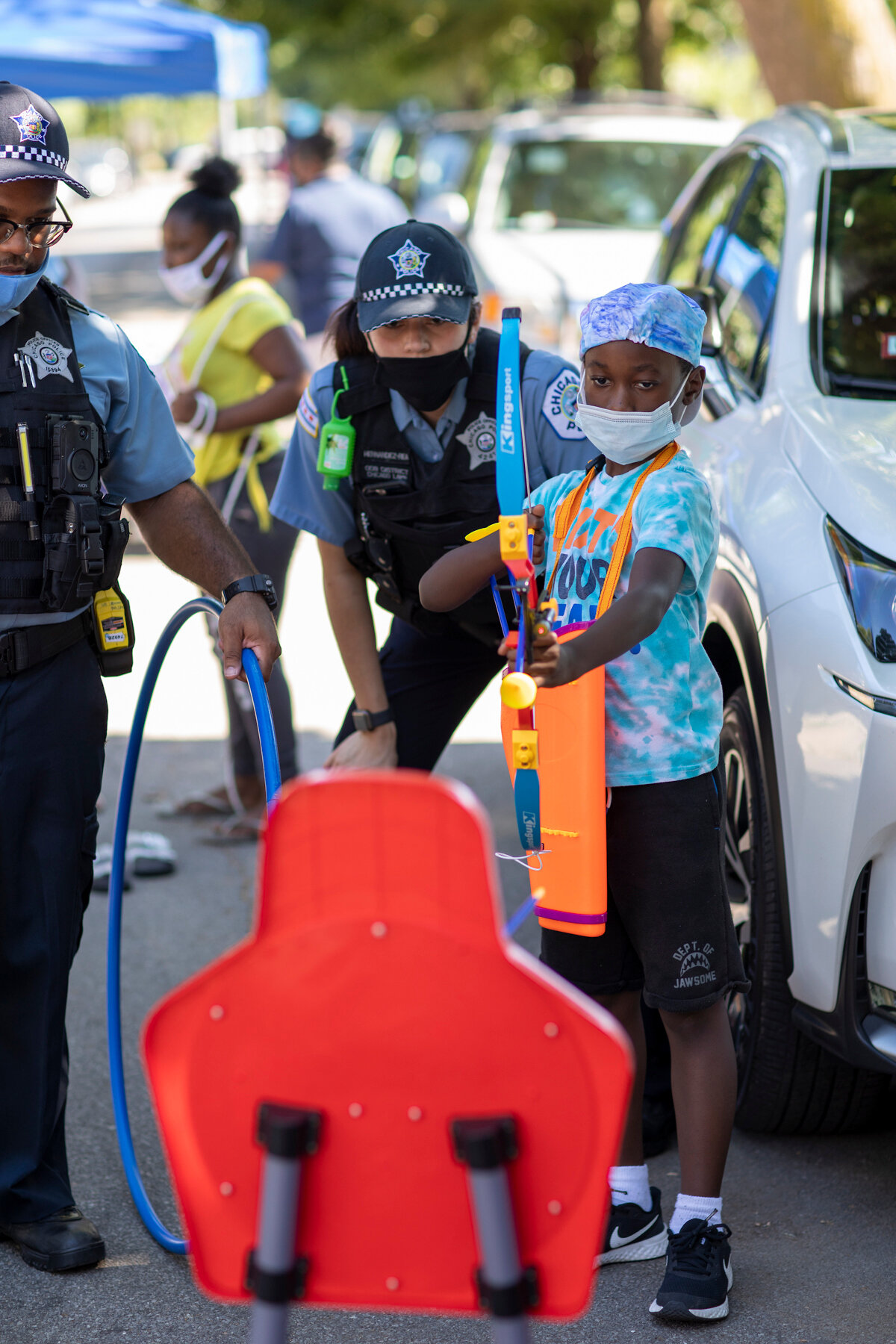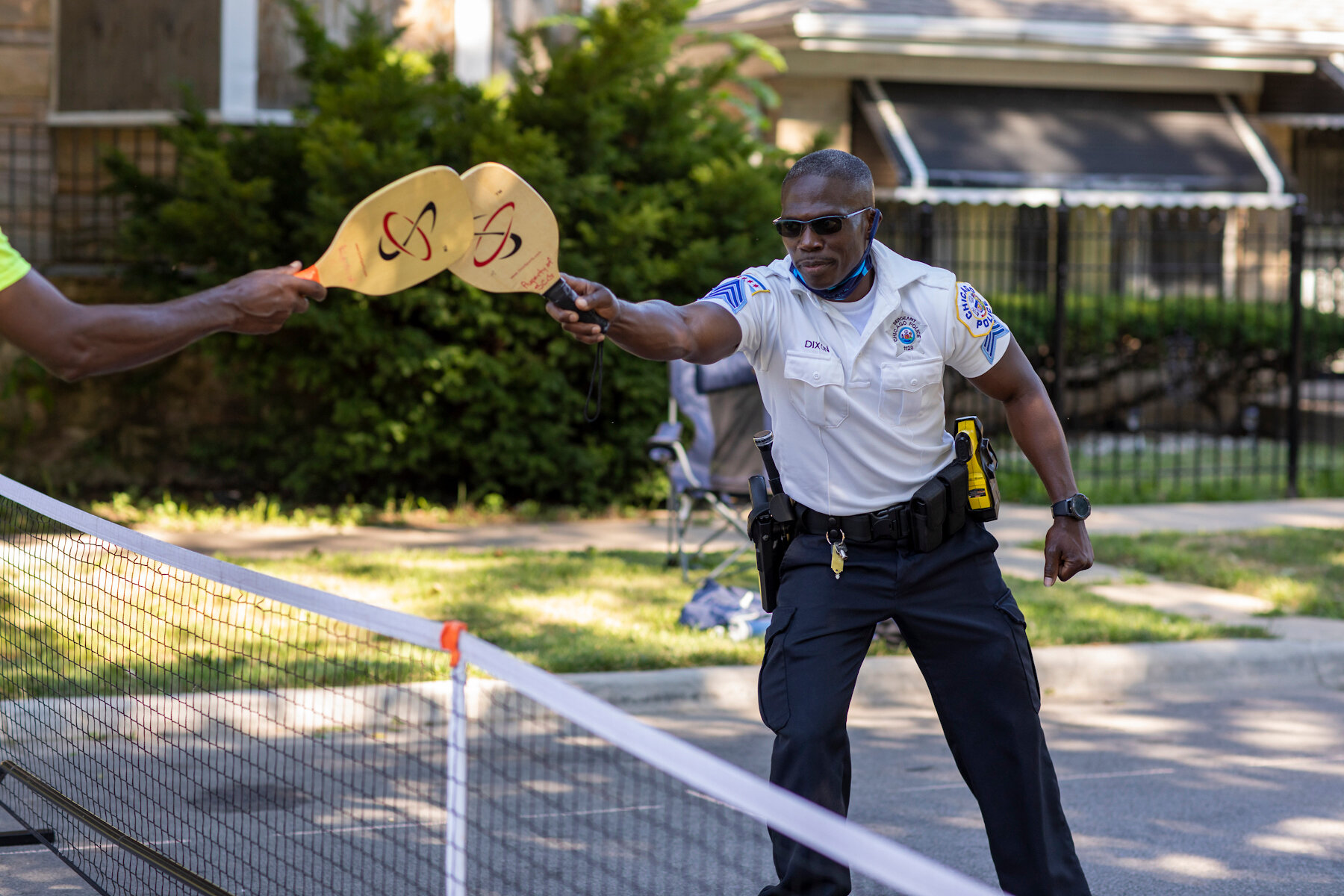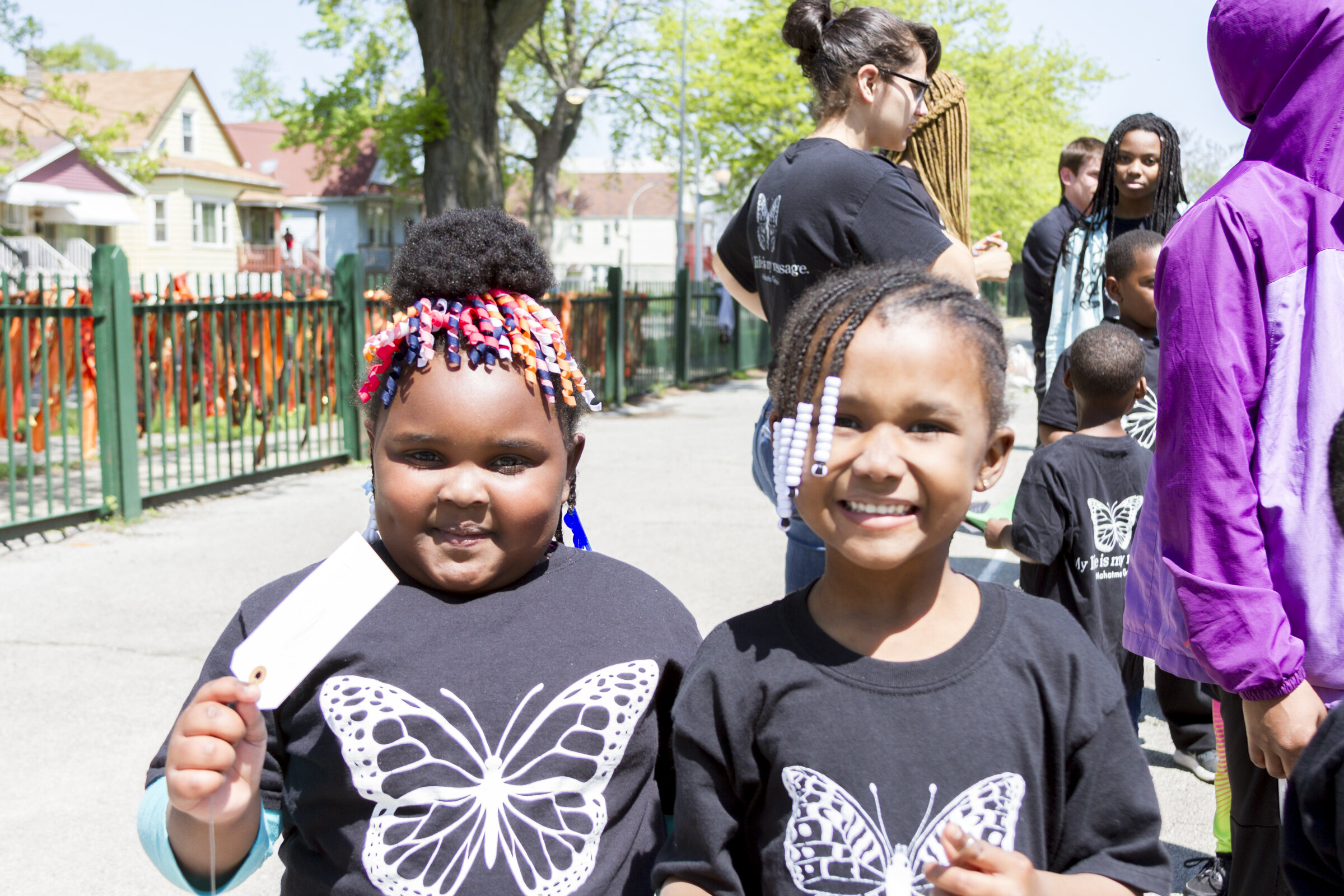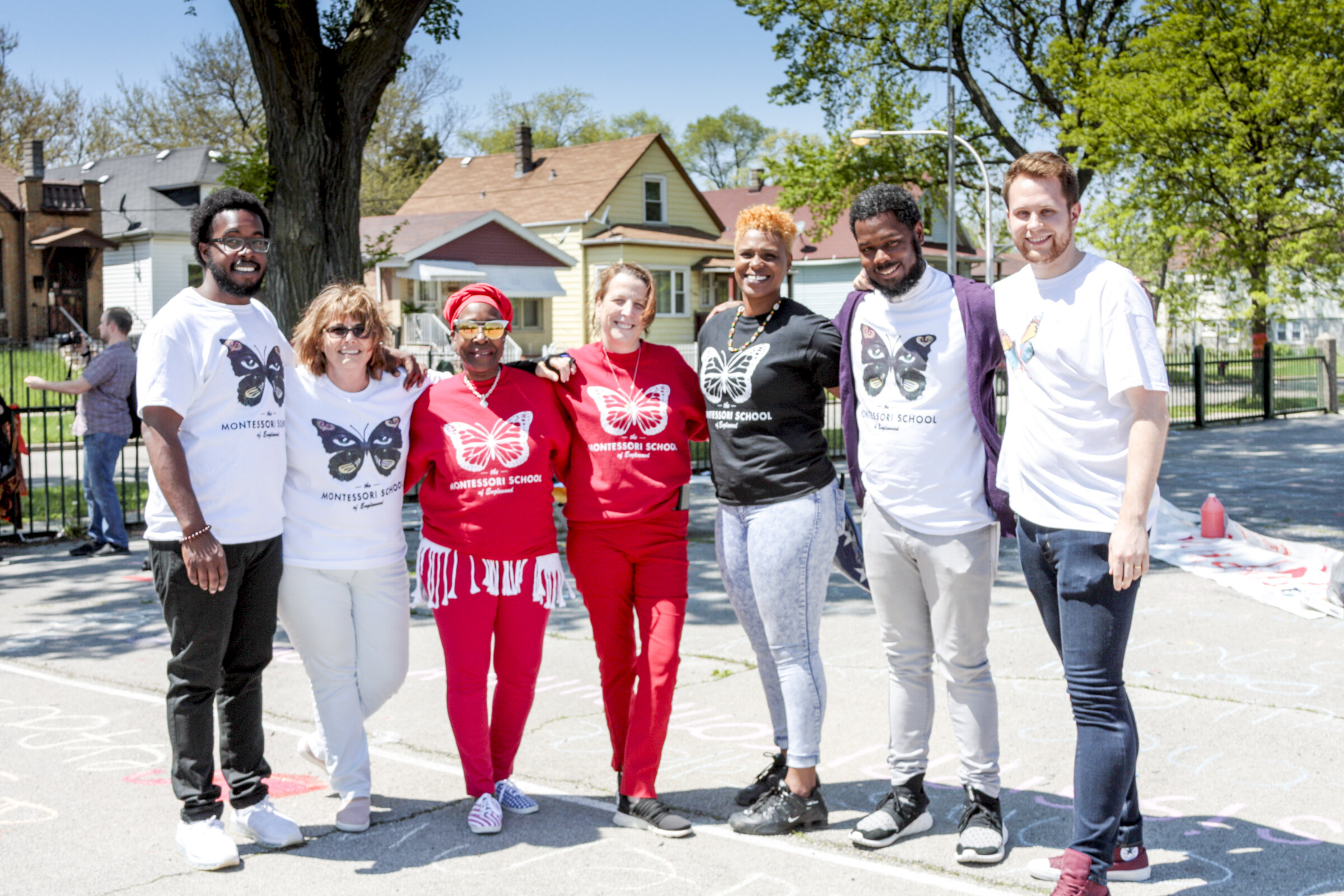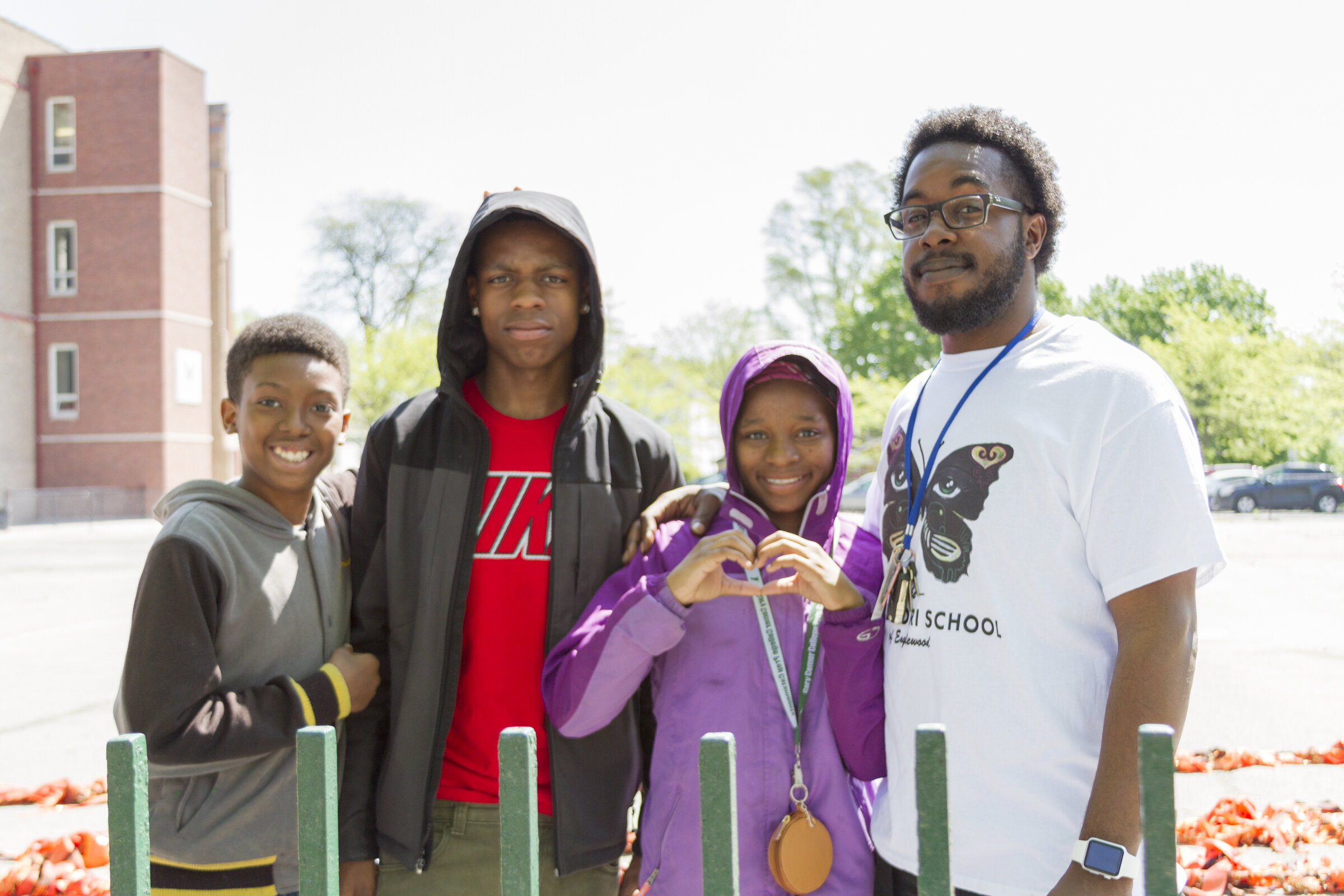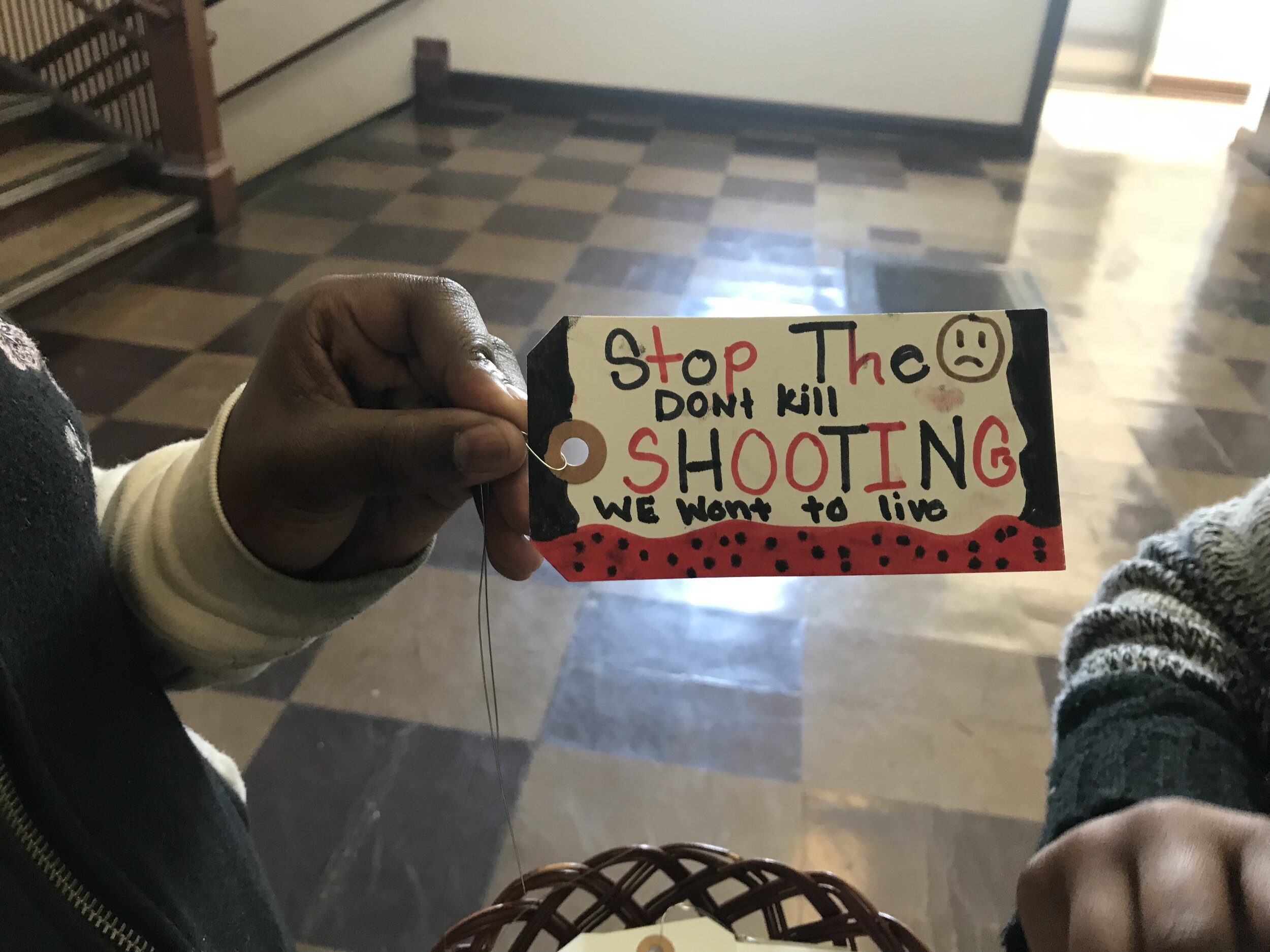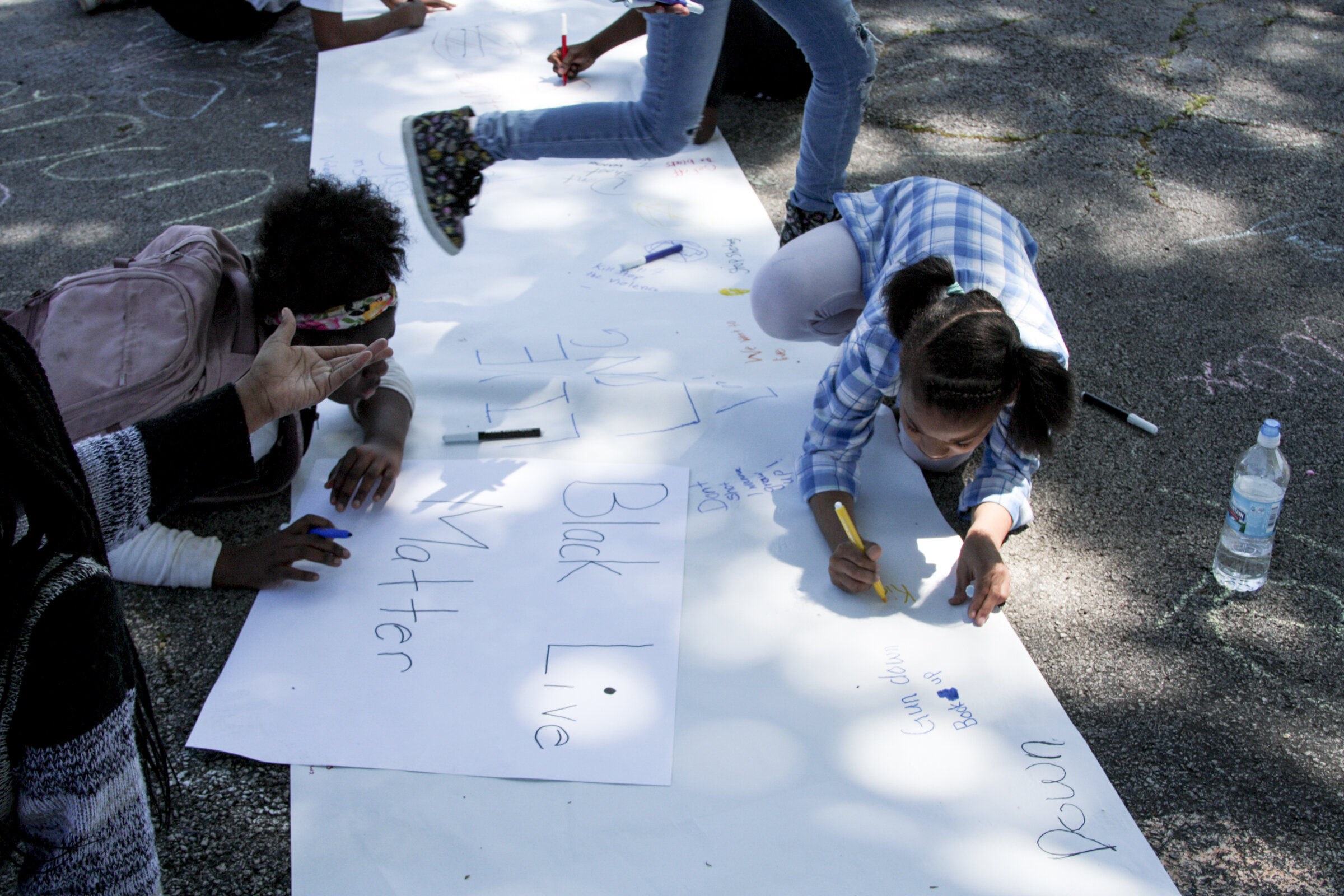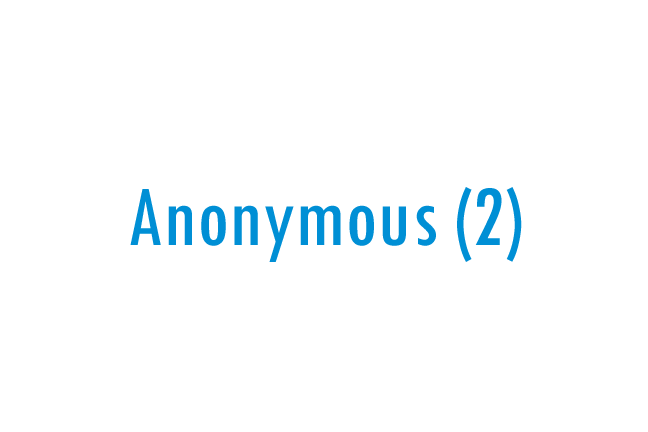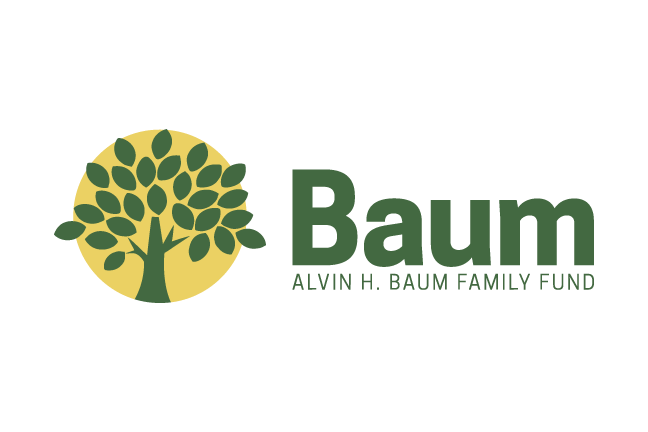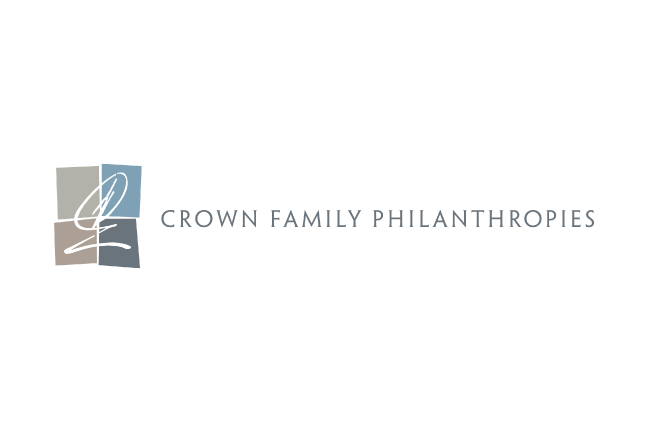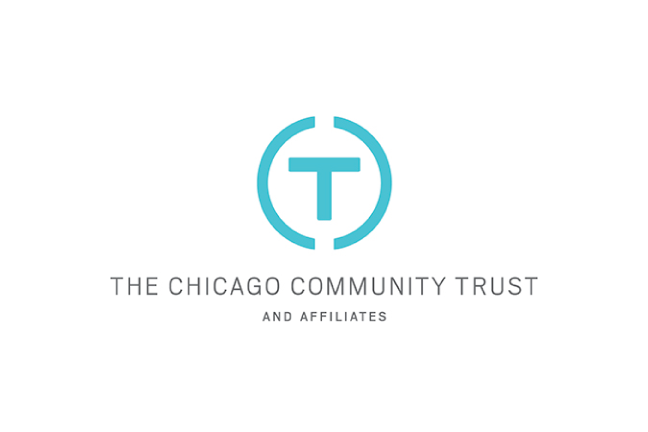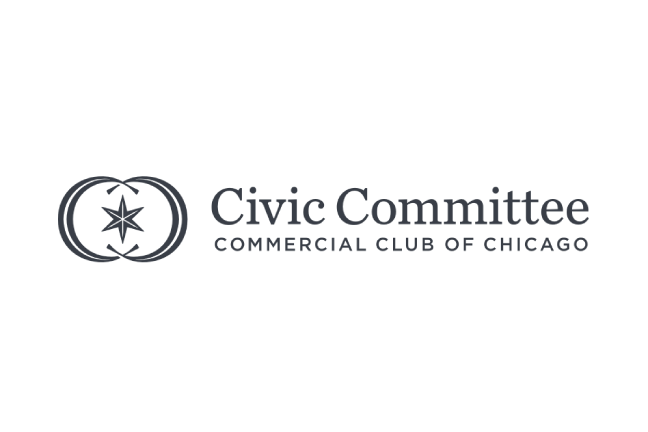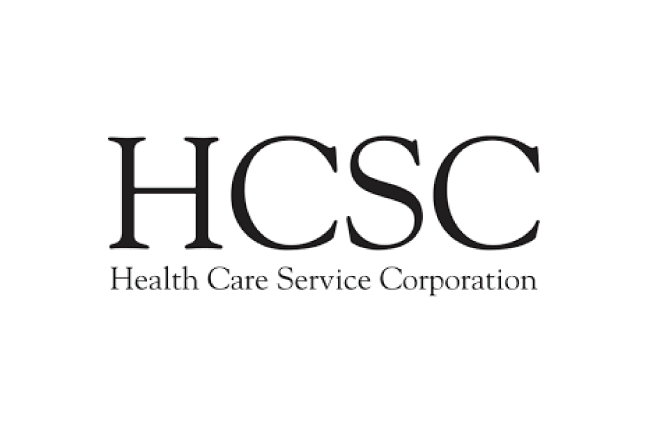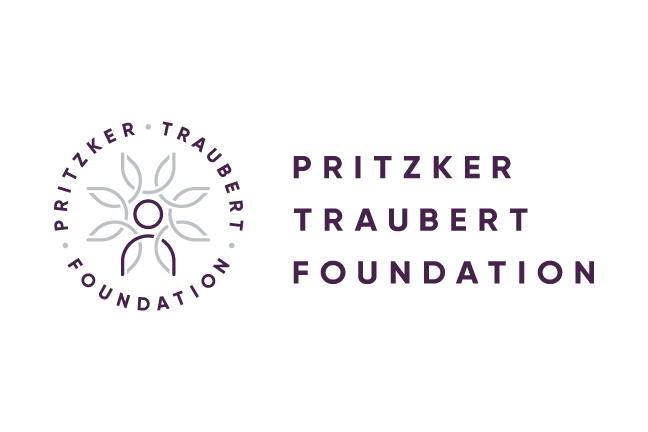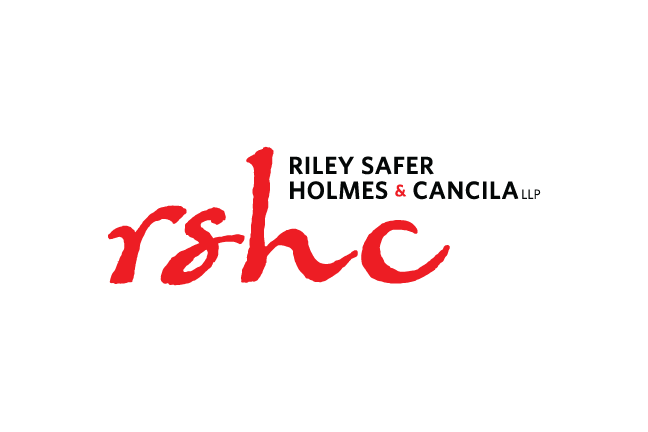Violence Reduction Planning
In early 2020, the City received a grant from the State of Illinois to engage community stakeholders in building out their violence reduction strategy into a comprehensive plan that would align City, County, and State resources and priorities. From February through July 2020, Civic Consulting Alliance provided coordinating and management support to the Mayor’s Office to engage stakeholders and develop this plan, including onboarding staff project managers, coordinating weekly meetings, and supporting the compilation of the report.
The planning process incorporated broad input from government officials, service providers, faith leaders, philanthropic and university partners, individuals with lived experience with gun violence, and advocates. As a result of this collaborative work, together with other ongoing City efforts, the plan—"Our City, Our Safety”—aligns stakeholders around a strategy that approaches violence as a public health crisis, one treatable by addressing the issues at its root—such as systemic racism, disinvestment, and poverty.
While the epidemic of violence does not have any quick fixes, we are hopeful that our work with the City has created the collaborative, flexible infrastructure needed to create long-term change and to respond to acute challenges like those brought by 2020. Moreover, we are proud to have contributed to an effort that is expanding investments in and coordination with community-based violence reduction infrastructure, which has proven even more critical as our city continues to grapple with the effects of COVID-19 on public health, economic well-being, and violence levels.

